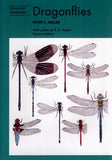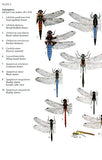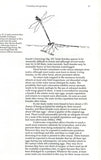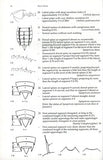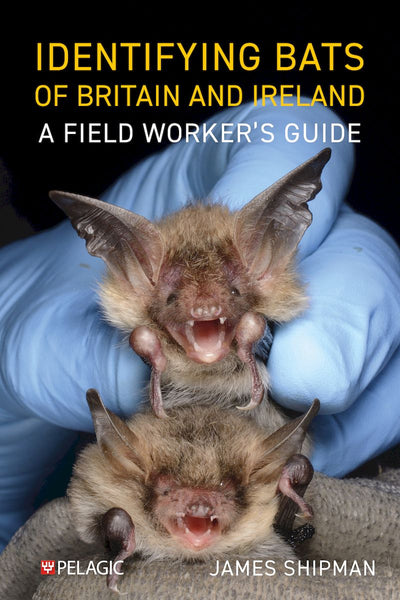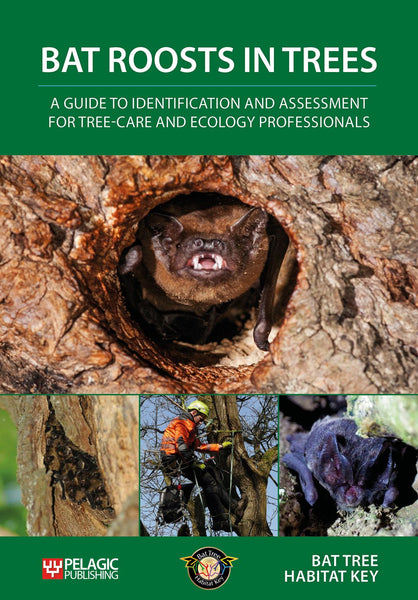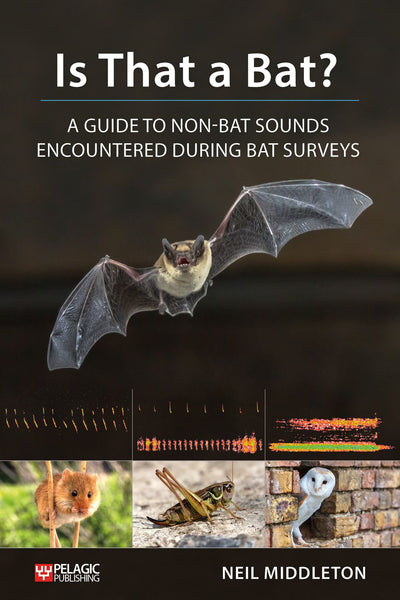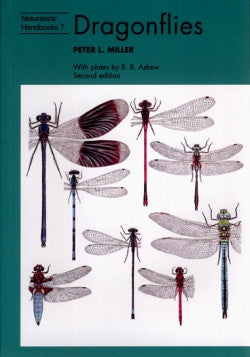
Dragonflies
- damselfies
- dragonflies
- entomology
- identification
- insects
- larvae
- odonata
- taxonomy
Description
Dragonflies are increasing in popularity because they are colourful and fascinating to watch in flight over water. Their conservation in the British countryside has become a matter of concern. This book provides an introduction for those who wish to learn more about them, and will enable readers to undertake investigations of their own. Dragonflies are bird watchers' insects because most of the species can be recognised in flight. It is fascinating to watch the behaviour involved in feeding, defending a territory, mating and laying eggs. The acquatic larvae capture and eat acquatic animals, and some have been shown to defend underwater territories.
This book introduces the natural history of dragonflies, and draws attention to topics suitable for further investigation. Keys are provided for the identification of both larvae and adults, and information is given on techniques for study. Some problems of conservation are discussed.
Readership
Sixth-form, undergraduate, postgraduate, field centre, ecological consultant, wildlife trust, conservation volunteerTable of Contents
Introduction
Eggs and larvae
Adult life
Flight
Vision
Reproductive biology
Guarding and egg laying
Keys to the larvae and adults:
I Key to larvae
II Key to adults
Dragonfly conservation and recording
Some methods for studying dragonflies
Some useful addresses
References and further reading
Appendix 1. Annotated checklist of British species
Appendix 2. Times of appearance of adult British dragonflies.
Bibliographic Information
 118 pages
118 pages - B/w illustrations
- 4 colour plates
- | 2nd Edition
- BISAC NAT017000, SCI070020
- BIC PSVT7, PSVS, WNCN






